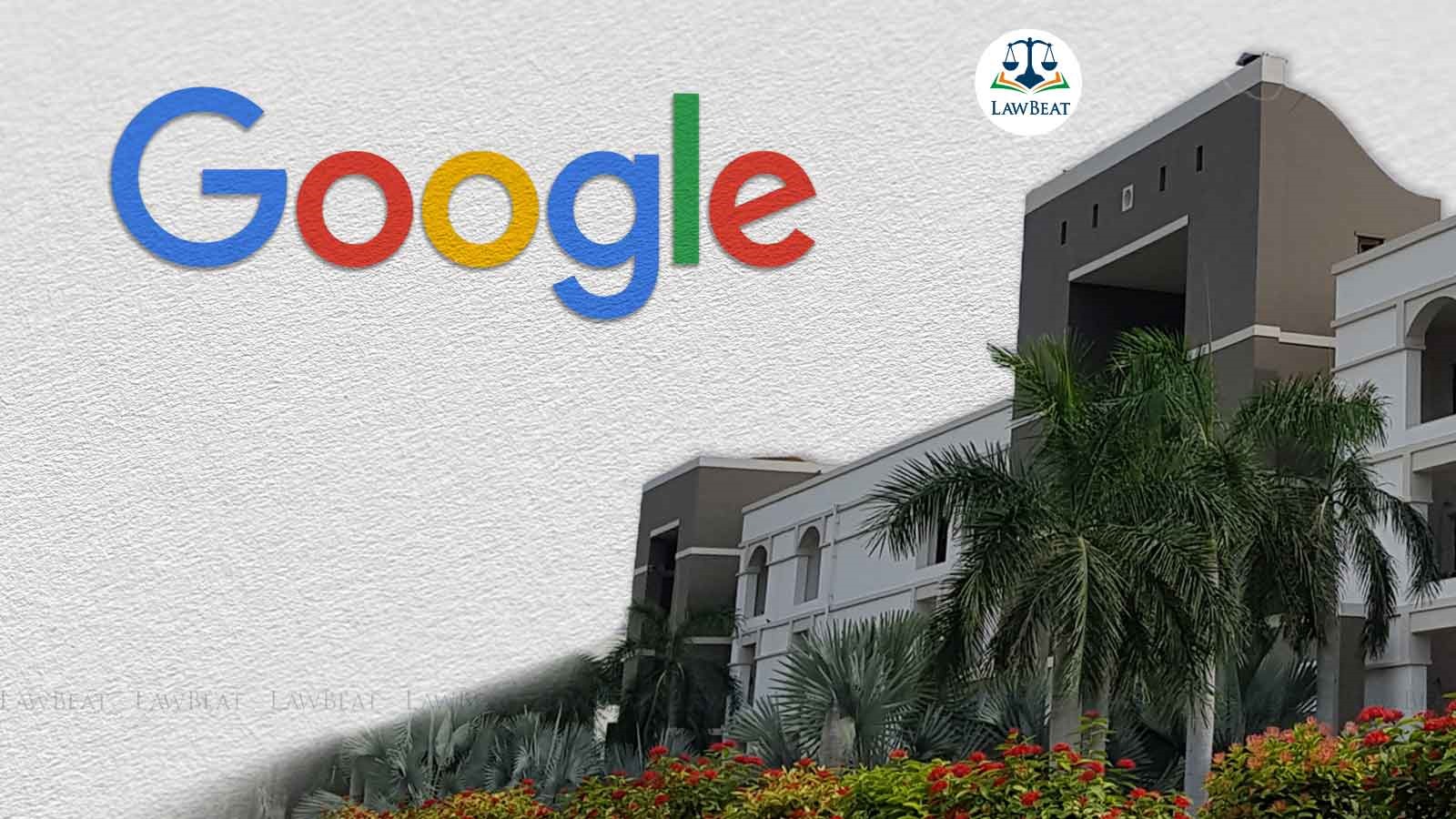Gujarat HC Issues Notice to Google for Suspending Man's Account Over Nude Childhood Picture

Google swiftly blocked the email account, citing concerns of "explicit child abuse" as per their content policy and despite several appeals in its internal mechanism the account remained suspended for nearly a year, prompting the petitioner to approach the high court
A seemingly innocent act of uploading a childhood photo onto Google Drive has led to a protracted legal battle for nearly one year for a man, who found his email account suspended following the upload of a childhood photo onto the said Drive.
The photo in question captured a tender moment from Neel Shukla, a computer engineer and the petitioner in the present case, depicting him being bathed by his grandmother when he was just two years old. However, what was intended as a nostalgic glimpse into the past soon became the focal point of a contentious dispute with far-reaching consequences.
In response, Google swiftly blocked Shukla's email account, citing concerns of "explicit child abuse" as per their content policy. Notably, Google employs a combination of hash matching technology and artificial intelligence (AI) to proactively identify child sexual abuse material (CSAM). Hash matching involves assigning unique digital signatures to images and comparing them against a database of known signatures. AI, on the other hand, helps flag new content resembling patterns of confirmed CSAM, while human reviewers further validate these findings. The tech giant outlined its policy, stating that when CSAM is detected, it is promptly removed, reported, and often leads to account suspension.
Despite attempts to rectify the situation through Google's internal channels, including its grievance redressal mechanism, the matter remained unresolved. Faced with mounting frustration and business losses due to email account suspension, Shukla decided to take legal action, seeking recourse through the Gujarat High Court.
On March 15, the court, presided over by Justice Vaibhavi D Nanavati, issued notices to Google India Pvt Limited, as well as to the Central and state governments. The notices, are returnable on March 26.
According to the petitioner’s counsel, Dipen Desai, the tech giant took action against Shukla's account in April of the previous year, based on their policy guidelines. Shukla's subsequent plea to the high court, filed on March 12, came after exhausting all avenues for resolution within Google's framework.
Desai emphasised the adverse effects of the account suspension on the petitioner’s business operations, as he had been unable to access crucial emails during this period, leading to financial losses.
The petitioner’s plea to the court outlined his frustration with Google's characterisation of the uploaded photo as "explicit child abuse," expressing disbelief over the drastic measures taken by the company. The petitioner, in his plea, said, “Google says this amounts to ‘explicit child abuse,’ and they have blocked everything. I have not been able to access my email and my business (is affected) as everything is blocked.”
Despite seeking assistance from Gujarat police and the Centre's Department of Science and Technology, Shukla found no respite, compelling him to turn to the judiciary for redress.
Furthermore, the petitioner stressed for an urgent hearing, highlighting a notification from Google indicating the impending deletion of data associated with his account in April, marking one year since its suspension.
In the recent past, such suspensions have also affected users in different parts of the world with Google's content moderation algorithms and automated systems in policing online content. While designed to protect children and uphold legal standards, these algorithms can inadvertently penalise innocent users. In two separate cases in the United States of America, two fathers had their accounts suspended for sharing photos of their naked toddlers for legitimate medical reasons, which were flagged by google as CASM. Despite police investigations clearing them of wrongdoing, Google's appeals process appeared to overlook crucial context and evidence of innocence, sparking concerns about fairness and accuracy. Google spokesperson Matt Bryant, while these cases were ongoing, had emphasised the company's commitment to promptly removing child sexual abuse material while acknowledging the need for careful consideration.
[With inputs from PTI]
